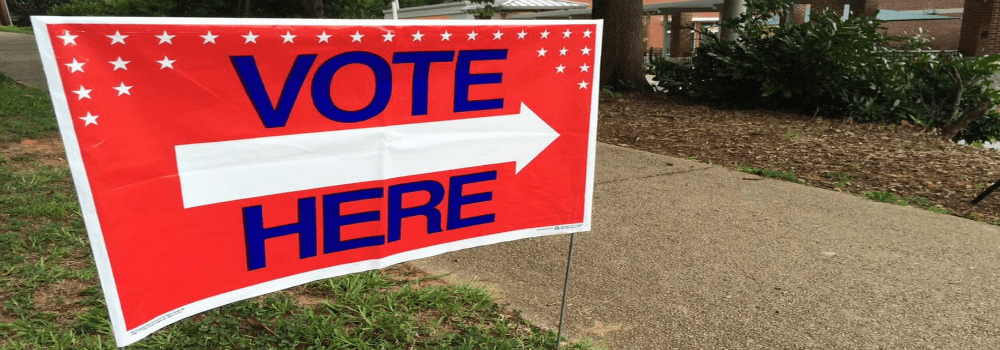On May 6, local government entities around Texas asked voters to approve billions in taxpayer-backed spending and bond debt. In most cases, voters obliged them – or at least a small percentage of voters did.
In the Metroplex, where voter turnout for the local elections ranged from about eight to twelve percent, a multitude of bonds and mega-bonds passed in what are considered conservative enclaves. Of 20 bond propositions on the May ballot in Collin, Dallas, Denton, and Tarrant counties, 17 passed – authorizing $2.8 billion in new bond debt.
Denton County was home to the state’s largest single-proposition school bond on the 2017 ballot: Lewisville Independent School District’s $737 million mega-bond. Just 8.3 percent of registered voters weighed in on the bond, which passed by a margin of 62 to 38 percent. That means just 5.1 percent of district voters committed 100 percent of district taxpayers to footing the bill for a huge amount of new spending and debt. They’re already on the hook for $1.5 billion in bond debt and interest – that’s more than $28,000 for each of the district’s 53,000 students.
How wisely is LISD spending taxpayers’ money?
In 2014 the district spent $28 million on a natatorium housing “the second-largest swimming pool in the state” and last year handed out $10.5 million in raises, the Texas Monitor reported. The district has increased its payroll by 16 percent since 2007, while enrollment increased just nine percent. Questions also surround LISD’s expenditures on public relations for the proposition, including a $43,000 “communications consulting” contract to promote the mega-bond.
Another mega-bond passed in Northwest Independent School District, where just over six percent of the district’s voters in Tarrant County and 7.8 percent in Denton County authorized $399 million in new taxpayer-financed spending and debt.
Voters split on two other school bonds in Denton County. Argyle’s school district narrowly passed a $166 million bond, while Sanger’s $27.6 million school bond was narrowly defeated.
In Collin County, voters approved Collin College’s $600 million bond – at least 33,543 of the county’s 531,652 registered voters did. The mega-bond passed by a 56 to 44 percent margin, meaning just 6.3 percent of county voters obligated 100 percent of county taxpayers to finance the college’s $600 million (plus interest) spending spree.
College trustees reportedly spent about $425,000 for architects to design a high-level “master plan” for campus expansion. Yet trustees don’t have to follow that, or any plan. The proposition’s vague language allows trustees to spend taxpayers’ money for any “constructing, improving, renovating and equipping school buildings in the district and acquiring real property therefor” they choose.
Also in Collin County, Plano voters approved five of six city bond propositions totaling over $220 million. The only bond rejected was the smallest – a $3.5 million proposal for historic preservation. Turnout for those bond elections was 16 to 17 percent.
Tarrant County cities Arlington and Dalworthington Gardens passed bond packages totaling $45 million and $6 million, respectively. Only Westworth Village voters rejected their city’s bond proposal for a $3.5 million community center.
Carroll Independent School District’s $208 million bond passed by a 64 to 36 percent vote, with a relatively high 18 percent turnout. Mansfield’s 34,000-student school district also passed a $275 million mega-bond by a comfortable margin, with nearly nine percent turnout.
Only one bond proposition was on the ballot in Dallas County, where Sunnyvale voters easily approved a $43.2 million bond for new schools.
Bond elections regularly pay off for school districts across Texas. About 70 percent of school bonds on the ballot last May passed, including the state’s largest: Plano Independent School District’s $481 million package, which was approved by over 78 percent of participating voters. In 2016, in fact, “conservative” North Texas school districts represented more than a fifth of all statewide school bond election dollars requested – and approved.
Texans concerned about excessive levels of government spending and taxpayer-financed debt would be wise to work for increased representation both at the polls and in the planning stages of local government and school district bond referendums.





